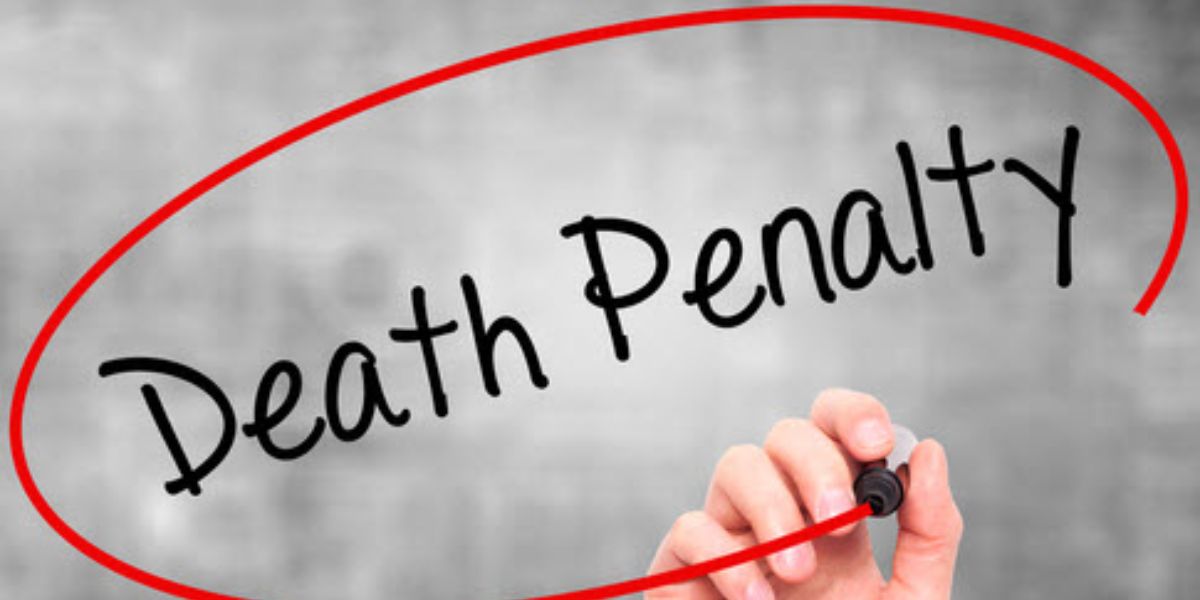As one of the first states to abolish capital punishment in the 21st century, New Jersey occupies a unique position in the national debate over the death penalty.
While some see the death penalty as a necessary form of justice for the most heinous crimes, others argue it is a relic of a flawed legal system that disproportionately punishes the poor and people of color.
In New Jersey, where the death penalty has been off the books since 2007, the discussion continues—was this bold move a step forward for justice, or the abandonment of a tool meant to protect society?
The End of the Death Penalty in New Jersey
In December 2007, New Jersey became the first U.S. state to legislatively abolish the death penalty since it was reinstated nationally in 1976. Governor Jon Corzine signed the law after a bipartisan commission concluded that the capital punishment system was ineffective, costly, and inconsistent with evolving standards of decency.
The law replaced the death sentence with life imprisonment without the possibility of parole. At the time of abolition, eight men were on New Jersey’s death row. Their sentences were commuted to life in prison.
Reasons Behind the Repeal
New Jersey’s decision to end capital punishment was driven by several factors:
- Wrongful Convictions: Nationally, dozens of death row inmates had been exonerated thanks to DNA evidence and new investigations. Lawmakers in New Jersey feared the possibility of executing an innocent person.
- High Costs: Studies revealed that maintaining the death penalty system was significantly more expensive than sentencing offenders to life in prison without parole. Trials, appeals, and the prolonged incarceration of death row inmates placed a heavy financial burden on taxpayers.
- Ineffectiveness as a Deterrent: Research has repeatedly failed to show that the death penalty effectively deters violent crime. In New Jersey, murder rates were already declining before the repeal, further weakening the argument for its necessity.
- Moral and Ethical Concerns: For many, the death penalty represented state-sanctioned violence. Religious leaders, human rights groups, and legal scholars raised concerns about the ethics of executing human beings, regardless of their crimes.
Public Opinion: Divided but Shifting
At the time of the repeal, public opinion in New Jersey was divided. Some residents supported the abolition, pointing to moral and financial arguments. Others, especially victims’ families, felt justice was denied without the ultimate punishment.
Over time, however, attitudes appear to be shifting. National polls show that support for the death penalty has declined steadily over the last two decades, with many Americans now favoring life sentences over execution.
In New Jersey, the continued lack of capital punishment has not led to any measurable increase in violent crime, strengthening the case for its permanent abolition.
What If the Death Penalty Returned?
While the death penalty is no longer legal in New Jersey, its return is theoretically possible. It would require a new law passed by the state legislature and signed by the governor. However, given the state’s current political climate—where progressive criminal justice reform is prioritized—such a move seems unlikely.
Nonetheless, high-profile crimes sometimes reignite calls for reinstating capital punishment. When particularly brutal or senseless killings occur, some lawmakers and citizens call for harsher penalties, including the death sentence. These moments often reopen the debate: Should New Jersey prioritize justice for victims at any cost, or uphold a legal system focused on fairness, rehabilitation, and human rights?
A Model for Other States?
New Jersey’s repeal of the death penalty has influenced other states considering similar action. Since 2007, more than 10 states have followed suit. Advocates of abolition often cite New Jersey as an example of a state that maintained public safety while stepping away from executions.
Opponents argue that the absence of the death penalty could embolden violent criminals or fail to deliver justice in the most grievous cases. However, crime statistics do not support this fear, and New Jersey’s experience continues to challenge assumptions about the necessity of capital punishment.
Conclusion
New Jersey’s abolition of the death penalty marked a turning point in the national discourse on justice and punishment. While some still view the ultimate penalty as a tool for justice, the state’s shift toward life imprisonment without parole reflects a growing belief that execution is not only flawed and expensive but also morally troubling. Whether you view it as progress or retreat, New Jersey’s stance on the death penalty continues to spark reflection on what true justice should look like in the modern age.




